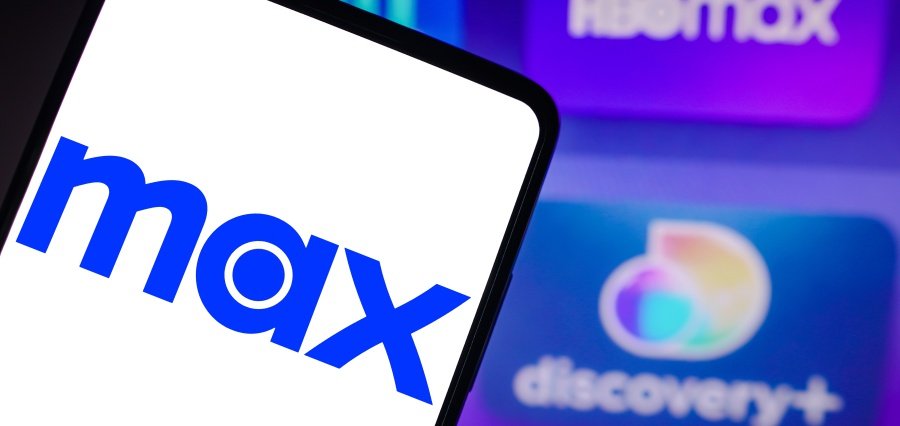In the digital age, leadership is undergoing a profound transformation, driven by rapid advancements in technology and changing workplace dynamics. Today, leaders are tasked with harnessing the power of technology to drive innovation, foster collaboration, and navigate the complexities of a digitally-driven world. Leadership in the digital age is about more than just embracing technology—it’s about leveraging technology to inspire innovation, foster collaboration and drive organizational success.
Adapting to Digital Transformation: Leadership in the digital age requires a fundamental shift in mindset and approach. Leaders must embrace digital transformation as an opportunity rather than a threat, leveraging technology to streamline processes, enhance productivity, and deliver value to customers. By embracing digital tools and platforms, leaders can empower their teams to work smarter, faster, and more efficiently, driving innovation and competitive advantage.
Empowering Remote and Distributed Teams: With the rise of remote and distributed workforces, effective leadership in the digital age entails empowering teams to collaborate seamlessly across geographic boundaries. Leaders must leverage technology to provide remote teams with the tools, resources, and support they need to communicate effectively, collaborate on projects, and stay connected regardless of location. From video conferencing platforms to project management tools, technology enables leaders to bridge the gap between remote team members and foster a sense of belonging and teamwork.
Driving Innovation Through Digital Platforms: Digital platforms have become essential tools for driving innovation and creativity within organizations. Leaders can leverage digital collaboration tools, ideation platforms, and innovation management software to crowdsource ideas, solicit feedback, and facilitate cross-functional collaboration. By creating a culture of experimentation and continuous improvement, leaders can harness the collective intelligence of their teams to drive innovation and stay ahead of the curve in rapidly evolving markets.
Enhancing Decision-Making with Data-Driven Insights: In the digital age, data is a powerful resource that leaders can leverage to inform decision-making and drive strategic initiatives. By harnessing data analytics tools and technologies, leaders can gain valuable insights into market trends, customer preferences, and operational performance. Data-driven decision-making enables leaders to identify opportunities, mitigate risks, and optimize business processes, driving efficiency and agility in an increasingly competitive landscape.
Fostering a Culture of Lifelong Learning: Effective leadership in the digital age requires a commitment to lifelong learning and continuous skill development. Leaders must embrace a growth mindset and encourage their teams to acquire new digital skills and competencies to stay relevant in a rapidly evolving digital landscape. By investing in training, mentorship, and professional development programs, leaders can empower their teams to adapt to technological change, embrace innovation, and thrive in the digital age.
Embracing Agile and Iterative Approaches: Agile methodologies have become increasingly prevalent in the digital age, enabling organizations to adapt quickly to changing market conditions and customer demands. Effective leaders embrace agile and iterative approaches to project management, leveraging tools such as Kanban boards, scrum meetings, and agile frameworks to facilitate collaboration and innovation. By breaking projects into smaller, manageable tasks and iterating on solutions based on feedback, leaders can accelerate decision-making, mitigate risks, and deliver value to stakeholders more efficiently.
Promoting Diversity and Inclusion: Diversity and inclusion are essential pillars of effective leadership in the digital age. Leaders must leverage technology to create inclusive work environments where diverse perspectives are valued and celebrated. By embracing virtual collaboration tools, remote work policies, and flexible scheduling options, leaders can accommodate the needs of a diverse workforce and promote equal opportunities for all team members. Fostering a culture of diversity and inclusion not only enhances creativity and innovation but also strengthens organizational resilience and adaptability in the face of change.
Embracing Digital Leadership Skills: Leadership in the digital age requires a unique set of skills and competencies. Effective leaders must be proficient in digital literacy, communication technologies, and virtual team management. By honing their digital leadership skills, leaders can inspire confidence, drive engagement, and navigate the complexities of the digital landscape with ease. From mastering social media platforms to leveraging data analytics tools, leaders who embrace digital leadership skills are better equipped to lead their organizations to success in the digital age.
Embracing Continuous Feedback and Iteration: Leveraging technology, leaders can implement feedback mechanisms such as surveys, performance reviews, and anonymous suggestion boxes to gather insights and perspectives from their teams. By fostering a culture of open communication and continuous improvement, leaders can identify areas for growth, address challenges proactively, and adapt their strategies in real time to meet evolving needs and expectations.
Navigating Digital Disruption and Uncertainty: Digital disruption and uncertainty are inherent challenges of the digital age, requiring leaders to navigate ambiguity and volatility with confidence and resilience. Effective leaders embrace uncertainty as an opportunity for innovation and growth, leveraging technology to anticipate market trends, identify emerging opportunities, and pivot their strategies as needed. By fostering agility, adaptability, and a willingness to experiment, leaders can position their organizations to thrive amidst digital disruption and emerge stronger and more resilient in the face of uncertainty.








